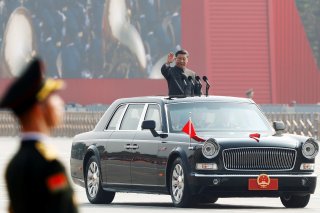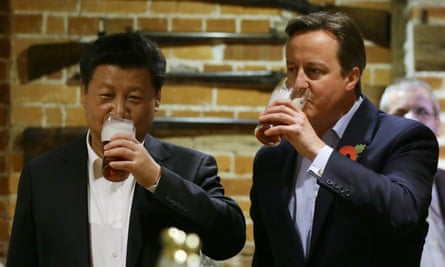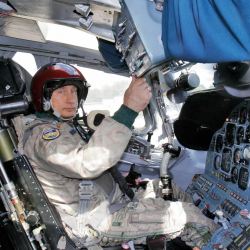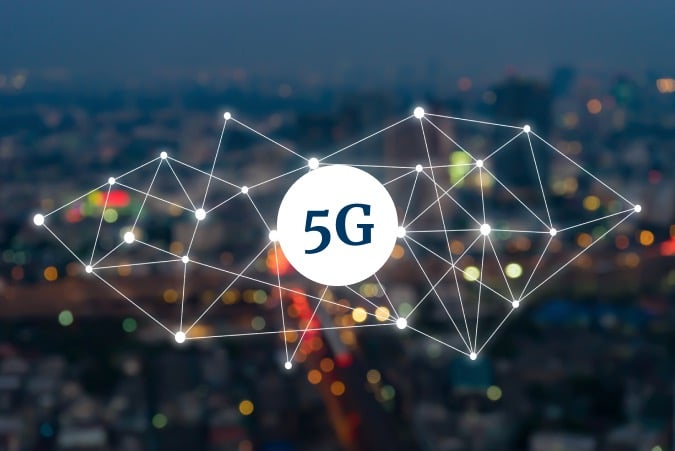One of the most heavily scrutinized aspects of the Donald Trump administration's Indo-Pacific Strategy is the role played by the Quadrilateral Security Dialogue, or “Quad,” comprised of Australia, India, Japan, and the United States. Since the Quad's resurrection from a decade-long hiatus in November 2017, the group has met five times and has emphasized maintaining the liberal rules-based international order, which China seeks to undermine or overturn. As I have previously argued, the Quad signals unified resolve among these four nations to counter China's growing assertiveness in the Indo-Pacific.
What has been striking about the Quad thus far, however, is that it has resisted openly identifying China as the primary target it seeks to rein in. Indeed, Quad press releases from the respective foreign affairs establishments of each country have never once raised the word “China,” nor did the U.S. Indo-Pacific Strategy, in mentioning the Quad, directly link (PDF) Quad consultations to addressing China.
This is not a trivial issue as the first iteration of the Quad, in 2007, fell apart largely because Australia and to some extent India got cold feet over how much to push China without impacting other dimensions of their bilateral relationships with Beijing (Japanese and Australian electoral politics and America's reorientation toward trilateral engagement with Japan and Australia contributed as well). Thus, if the Quad is to be sustained this time around, it will likely have to come to grips with a forward-leaning approach to opposing Chinese activities throughout the region. Just one defection to a softer line on China could easily spell doom for the Quad all over again.

















